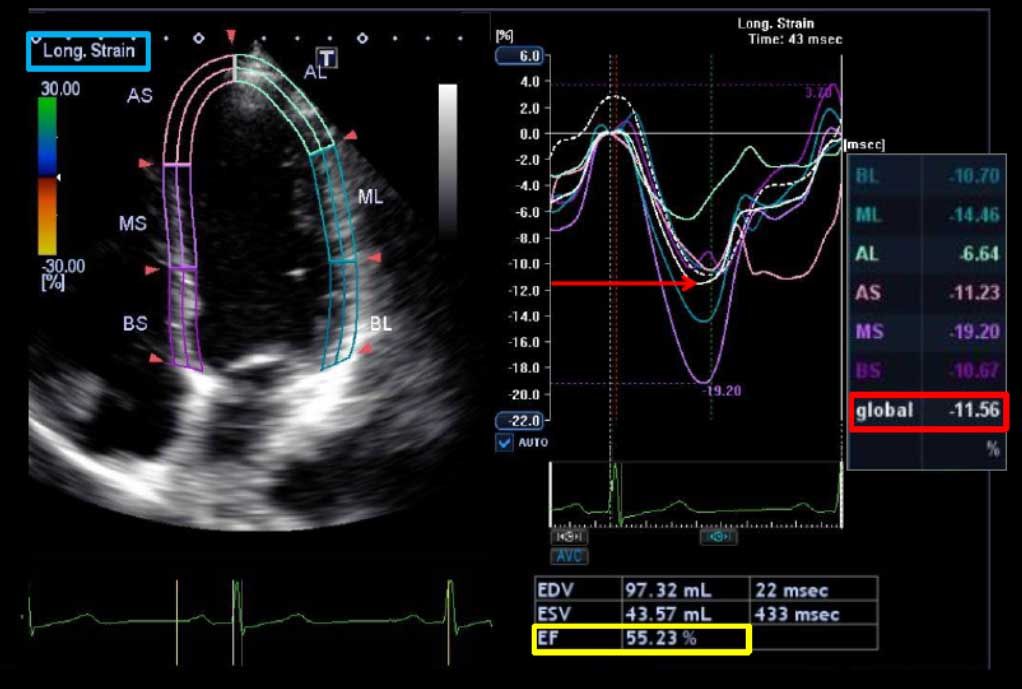New Recommendations on Stroke Prevention in Atrial Fibrillation
The American Heart Association (AHA)/American Stroke Association (ASA) advisory on stroke prevention in atrial fibrillation has released a new scientific advisory on use of the new oral antithrombotic agents to prevent stroke in patients with nonvalvular atrial fibrillation.
The update recommends that, along with warfarin and dabigatran (Pradaxa, Boehringer Ingelheim), already recommended for this indication, rivaroxaban (Xarelto, Bayer/Johnson & Johnson), and apixaban (Eliquis, Pfizer/Bristol-Myers Squibb) are also indicated to prevent a first or recurrent stroke in patients with nonvalvular AF.
Some of the new recommendations include:
- Warfarin, dabigatran, apixaban, and rivaroxaban are all indicated for the prevention of first and recurrent stroke in patients with nonvalvular AF. “The selection of an agent should be individualized on the basis of risk factors, cost, tolerability, patient preference, potential for drug interactions, and other clinical characteristics, including time in INR therapeutic range if the patient has been taking warfarin.”
- Dabigatran 150 mg twice daily is an “efficacious alternative” to warfarin for the prevention of first and recurrent stroke in patients with nonvalvular AF and at least one additional risk factor who have creatinine clearance (CrCl) >30 mL/min.
- Use of dabigatran 75 mg twice daily may be considered in patients with AF and at least one additional risk factor who have a low CrCl, in the range of 15 to 30 mL/min. Dabigatran is not recommended in patients with more severe renal failure (CrCl <15 mL/min).
- Apixaban 5 mg twice daily is an “efficacious alternative” to aspirin in patients with nonvalvular AF deemed unsuitable for vitamin-K-antagonist therapy who have at least one additional risk factor and no more than one of the following characteristics: age >80 years, weight <60 kg, or serum creatinine >1.5 mg/dL.
- Apixaban 2.5 mg twice daily may be considered as an alternative to aspirin in patients with nonvalvular AF deemed unsuitable for vitamin-K-antagonist therapy who have at least one additional risk factor and more than two of the following criteria: age >80 years, weight <60 kg, or serum creatinine >1.5 mg/dL.
- Apixaban 5 mg twice daily is a “relatively safe and efficacious alternative” to warfarin in patients with nonvalvular AF deemed appropriate for vitamin-K-antagonist therapy who have at least one additional risk factor and no more than one of the following characteristics: age >80 years, weight <60 kg, or serum creatinine >1.5 mg/dL.
- Although its safety and efficacy have not been established, apixaban 2.5 mg twice daily may be considered as an alternative to warfarin in patients with nonvalvular AF deemed appropriate for vitamin-K-antagonist therapy who have at least one additional risk factor and more than two of the following criteria: age >80 years, weight <60 kg, or serum creatinine >1.5 mg/dL. Apixaban should not be used if the CrCl is <25 mL/min.
- In patients with nonvalvular AF who are at moderate to high risk of stroke (prior history of transient ischemic attack [TIA], stroke, or systemic embolization or more than two additional risk factors), rivaroxaban 20 mg/day “is reasonable” as an alternative to warfarin.
- In patients with renal impairment and nonvalvular AF who are at moderate to high risk of stroke (prior history of TIA, stroke, or systemic embolization or more than two additional risk factors), with a CrCl of 15 to 50 mL/min, 15 mg of rivaroxaban daily may be considered, but its safety and efficacy have not been established. Rivaroxaban should not be used if the CrCl is <15 mL/min.
- The safety and efficacy of combining dabigatran, rivaroxaban, or apixaban with an antiplatelet agent have not been established.
Source: The Heart.Org


